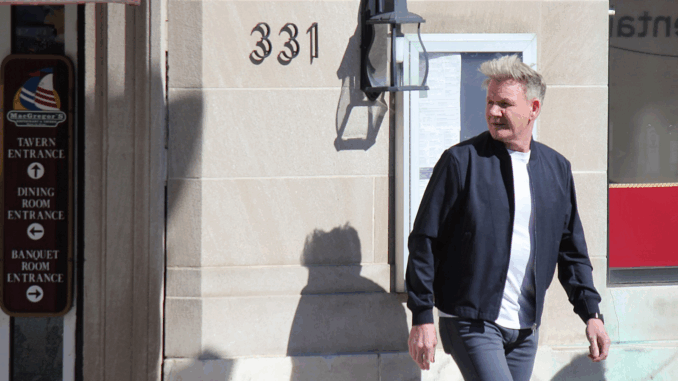
Just when you thought Gordon Ramsay had done it all, he comes back with something entirely new—and sneakier than ever. His latest series, Secret Service, flips the restaurant-rescue formula by putting him undercover, complete with cameras, disguises, and microbial swabs.
The premise is simple: struggling restaurants are secretly investigated without the staff knowing. Ramsay poses as a customer or inspector, collecting footage of chaos behind the scenes—rotting food, dirty kitchens, staff drama—before revealing his identity in a dramatic flourish.
But what makes this show pop isn’t just the twist; it’s how personal it feels. Ramsay isn’t just exposing bad management—he’s exposing human habits, pride, fear, and ego. You see owners confronted with footage of their failures, employees surprised by their own blind spots, and customers reacting in real-time as their favorite spots get turned upside down.
Unlike his earlier shows where Ramsay would storm into kitchens screaming, here he approaches things more strategically. He watches, waits, then strikes with precision. Some call it a gimmick, but it’s working. Ratings are up, clips are going viral, and the emotional stakes feel higher than ever.
Behind the scenes, Ramsay reportedly works with forensic sanitation experts, business analysts, and psychologists to tailor each intervention. He’s no longer just a chef—he’s part therapist, part fixer, and part secret agent.
The “big reveal” moment has become a hallmark of the show. One episode saw a waitress burst into tears when she realized the man quietly watching from the back table was Gordon himself. The impact of those moments lingers longer than any kitchen makeover.
Secret Service might not be Ramsay’s most fiery show, but it might be his smartest. It’s less about rage and more about reckoning.